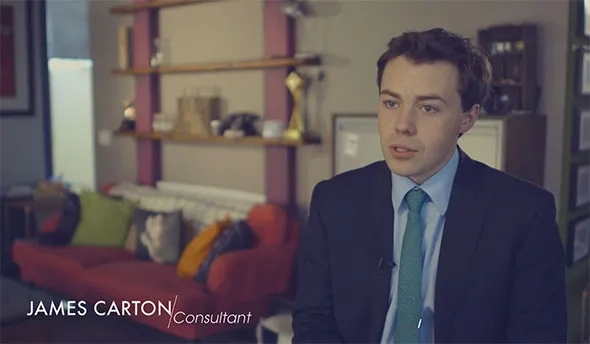Profiles
James Carton, Consultant and CIMA Candidate, Deloitte
25 Jan 2023, 13:37

gradireland Editorial advice
This describes editorially independent and impartial content, which has been written and edited by the gradireland content team. Any external contributors featuring in the article are in line with our non-advertorial policy, by which we mean that we do not promote one organisation over another.
